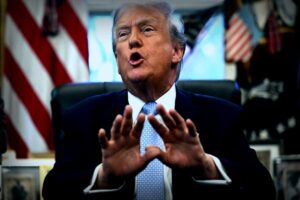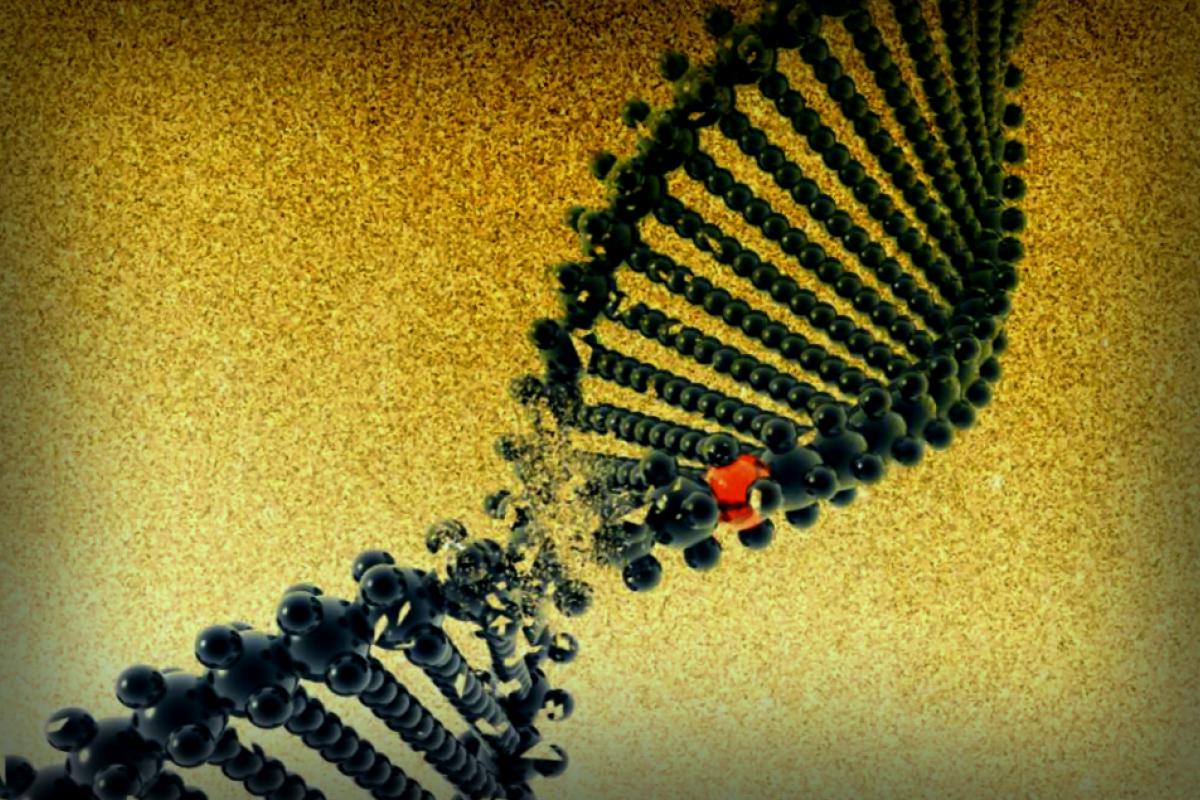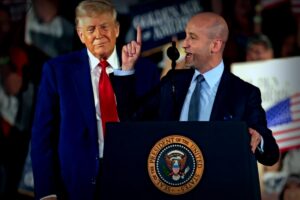We’re currently in a tough spot with higher education. There are serious attacks underway against research and scholarship in the U.S. Universities have seen activists stepping in and taking control of important administrative functions. Without significant reforms, we risk losing free speech, genuine inquiry, and trust in academic rigor. But on top of this, the Trump administration is launching its own assault on the scientific and research infrastructure in universities across the nation. If we want to safeguard our nation’s scientific credibility and capabilities, we need to win both battles.
Take Harvard University as a prime example of the dilemma we’re stuck with. In the past ten years, it has become embroiled in the wider culture wars, putting pressure on faculty and students alike, including those aspiring to study there. Reports have surfaced that Harvard has discriminated against Asian applicants, actively policed students’ speech, and even penalized professors whose research outcomes contradicted the commonly held views on racism or those who asserted that there are only two sexes. At the same time, they tolerated antisemitic behavior. Plus, instead of recognizing merit, the university has been prioritizing hiring decisions based on identity, promoting certain folks even if there are plagiarism allegations against them, while turning away skilled students and researchers due to their race or gender.
But Harvard isn’t the only one in this situation. Across American campuses, we see bloated diversity, equity, and inclusion (DEI) offices forcing their way into hiring processes. A recent example from the University of California, Berkeley, reveals that in 2019, a shocking 76% of people were disqualified for faculty positions based solely on their DEI statements, before even considering their research experience.
It’s not just universities facing these issues. Even prestigious research journals, like Nature Human Behaviour, have indicated they will refuse to publish any articles that may offend certain groups. Some journals are even pushing boundaries by publishing studies that suggest whiteboards in classrooms could carry residue of societal inequities, impressively showcased in one particular case study.
Overall, these developments are hindering meaningful scientific progress while harming public trust in academia.
On a parallel front, the Trump administration has fired up a direct attack on institutions like Harvard by removing influential scientists from key advisory committees and federally funded research bodies. Essentially, they’ve declared waronuniversities and departments that don’t align with their political agenda. To make things worse, they’re looking to slash most funding for American research programs, including a substantial budget cut to the National Science Foundation. If this happens, many crucial projects could face the axe—from the Laser Interferometer Gravitational-Wave Observatory to NASA’s own Goddard center, a vital hub for American science.
The current administration’s attempts to frame all university faculty as ‘woke’ is off the mark. Many talented scientists continue to push knowledge boundaries, either sidestepping existing culture battles or finding ways to avoid clashes with activist administrators on their campuses. Effectively combating one intolerance doesn’t mean introducing another kind of intolerance
This external onslaught against science might do more harm in the short term than the ongoing culture wars festering within universities. The strongest science programs—those staying clear of the current scholarship crackdown—now find themselves in jeopardy. It’s hard to quickly mend the damage to the national scientific framework that comes when the best researchers lose their power and when their funding is cut. We see postdoctoral researchers losing jobs and quitting academia, while graduate departments begin shedding their students who look elsewhere for career opportunities.
We have to keep attracting the smartest minds from around the globe to our institutions, both as learners and researchers. Yet the Trump administration seems set on discouraging international talent from coming to the U.S. Educated foreign students often stick around and contribute to our economy in innovative ways like Elon Musk has.
The depreciation of our scientific infrastructure only serves to weaken our economy and national security. Repeated reports have emphasized how even minor investments in basic research pay off immensely over time. Science fueled by curiosity—spanning disciplines from physics to immunology—is essential for the well-being and safety of our nation, and it shouldn’t be twisted to suit political objectives.
A lot of damage has already been inflicted. If the brightest researchers and the country’s promising new talents leave their fields, the U.S. could struggle to keep its competitive edge globally, paving the way for rivals like China to surge ahead. Science may survive in some form, but our nation would certainly feel the repercussions.
The post The Double Challenge to Science Education in America appeared first on Reason.com.

















